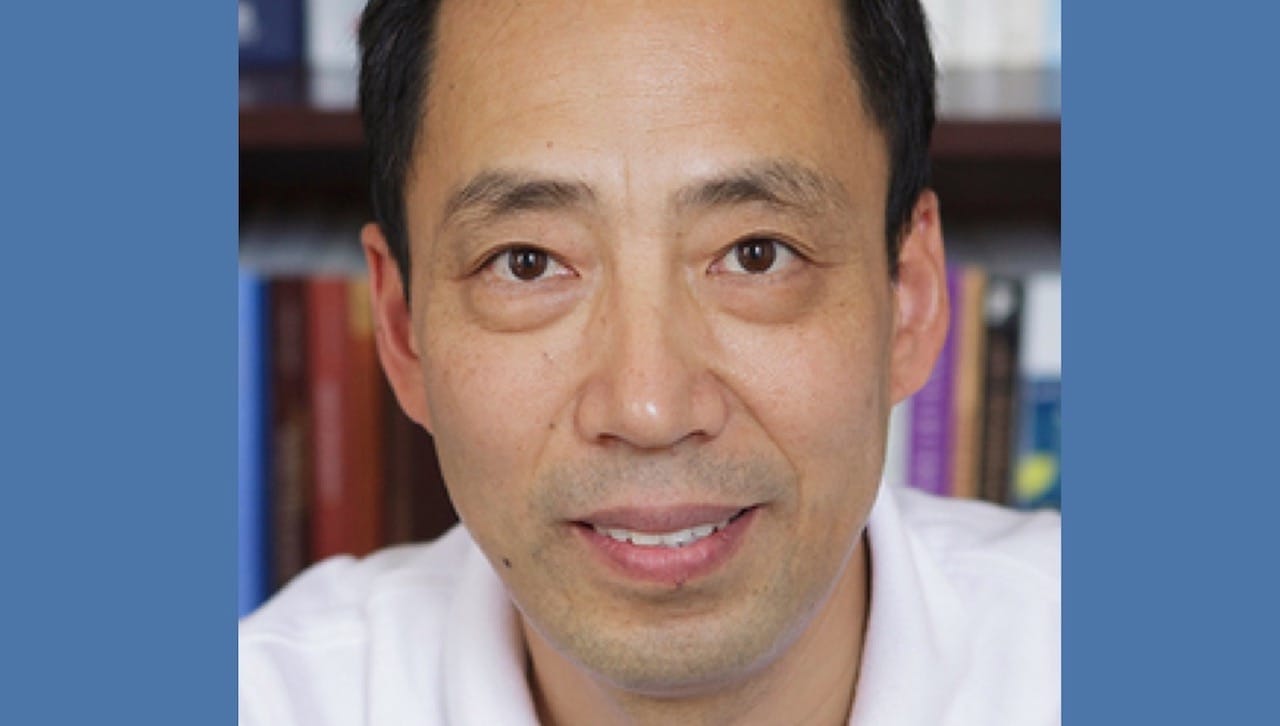Asian Studies Lecture Held

Bongrae Seok, Ph.D., an associate professor of philosophy at Alvernia University, discussed “Moral Psychology of Confucian Shame” at The University of Scranton’s Asian Studies Program Lecture. The lecture took place in the Pearn Auditorium of Brennan Hall on Oct. 20.
After a brief introduction from Asian Studies Program Director, Ann Pang-White, Ph.D., Dr. Seok described his approach to the concept of shame. Using elements of philosophy, psychology, cognitive neuroscience, history and biology, he has studied cultural perceptions of shame and their effect on human behavior.
Dr. Seok was careful to distinguish between our Western understanding of shame as a harmful emotion and argued that “shame is interpreted and transformed into a constructive moral emotion by ancient Confucian philosophers.”
Using statistics on mental illnesses in the United States, Dr. Seok explained that a Western perception of shame insinuates and encourages the idea of a “bad person.” Although this understanding of shame provided evolutionary benefits at some point, he suggested it’s modern function hinders personal growth and should be considered vestigial, similar to that of the human appendix.
However, through the analysis of the works of early Confucian philosophers, such as Mencius, Dr. Seok was able to share how Eastern cultures perceive shame. Rather than a punitive emotion that drives behavior with negative consequences, Confucian moral shame is led by an inner desire to be virtuous. Dr. Seok argued that instead of writing off shame altogether, co-opting Confucian moral shame can be a productive method to promote human flourishing.
“Shaming is not good ... however, don’t be afraid of listening to an inner autonomous sense of shame, as suggested by ancient Confucian philosophers,” said Dr. Seok.







